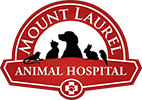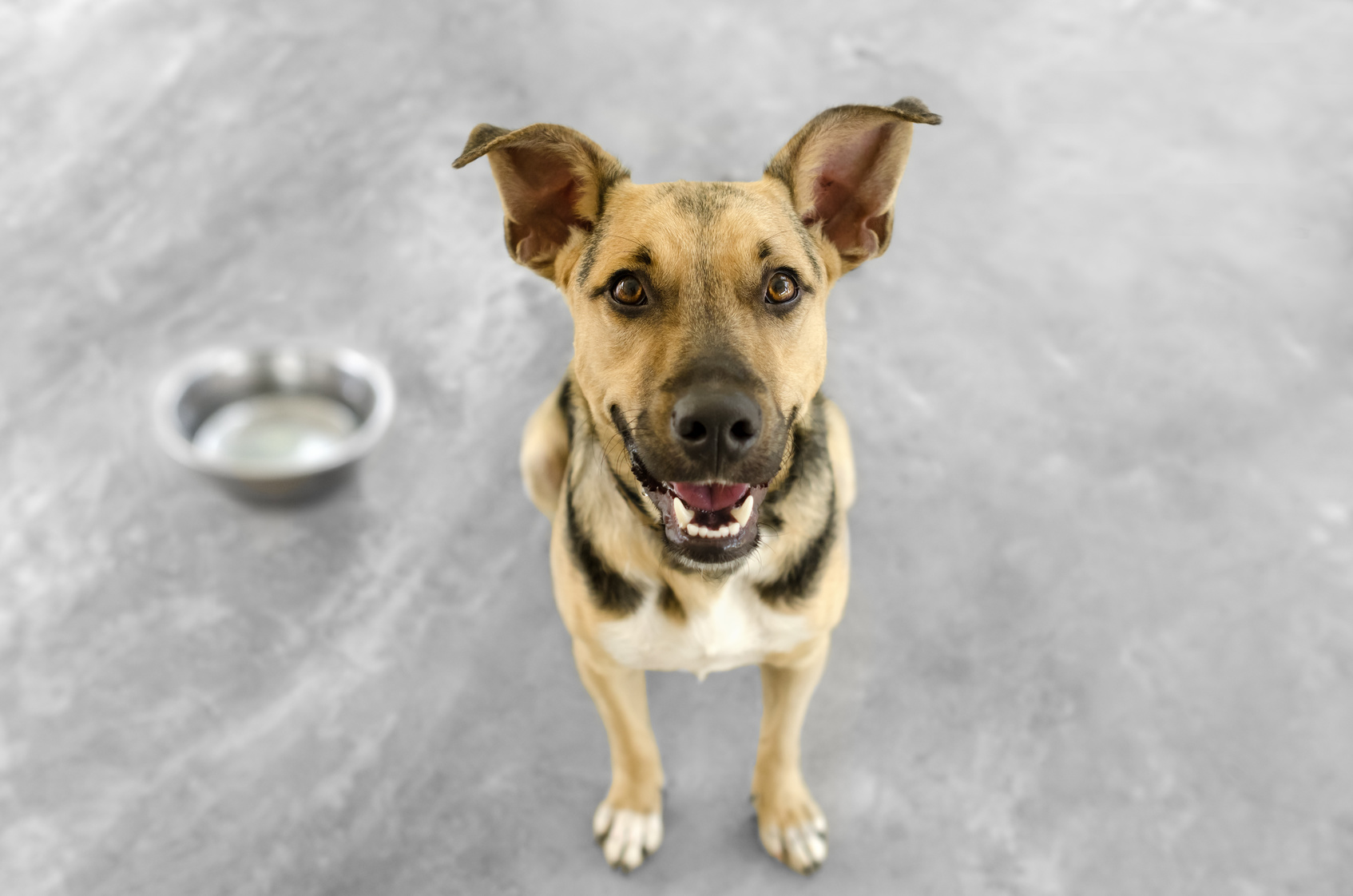Whether it is a snack or a table scrap from dinner, giving your pet a bite is a common occurrence. Some may argue dogs should only eat “dog food” and in a way this is ideal. At the same time, most of us have a habit of giving our furry friends “human foods” as well. Ever since I was a little boy, I loved feeding my dogs. As I compared my cheeseburger to their kibble, it made me feel sorry for them. Although it is not always advised to feed human foods (with some exceptions), many owners still do. Therein lies the reason for this article; toxic human foods and common household toxins.
I often wondered why all veterinarians didn’t discuss toxic human foods more or at the very least, hand out a list so their clients knew which ones could cause harm. Although the following list is not exhaustive, it includes many common foods (and common household products/medications) which are toxic to dogs, and if ingested could lead to health problems. Some of the following toxins can even be fatal, as well as lead to very expensive medical costs.
- Chocolate –As a general rule of thumb, the darker the chocolate, the more toxic it is to a dog. Therefore cocoa powder and unsweetened baking chocolate are more toxic than milk chocolate and white chocolate. The onset of clinical signs can occur within 4 hours, yet may persist as long as 72 hours. Clinical signs can include vomiting, hyperactivity, restlessness, increased heart rate, increased respiratory rate, tremors, stumbling gate, convulsions, cardiac arrhythmias, and even death. If your dog has ingested chocolate, please try to determine the amount and type and contact your veterinarian or the ASPCA Animal Poison Control hotline (1-888-426-4435) ASAP.
- Grapes/Raisins – Although this fruit does not cause problems in all pets, grapes and raisins can cause kidney failure and even death in some cases. Early signs include vomiting, change in appetite, and lethargy.
- Macadamia Nuts – This nut can cause gastrointestinal upset including change in appetite, vomiting, diarrhea, muscle twitching, incoordination, and other signs.
- Xylitol – This artificial sweetener can cause insulin release, which leads to acute drops in a pet’s blood sugar (also known as hypoglycemia). Early signs can include lethargy, vomiting, and coordination issues. Other problems can be seen from ingesting xylitol including liver failure, seizures, and death. It should be noted that xylitol is most commonly seen in sugar-free chewing gum, but is now being added to many other foods including some peanut butters!
- Caffeine – Found in many drinks (coffee, tea, energy drinks), foods (chocolate), and medications, caffeine can lead to restlessness, cardiovascular issues, fast breathing, and muscle twitches, among other clinical signs.
- Mushrooms – Depending on the type of mushroom ingested, clinical signs can range from gastrointestinal upset, neurologic signs, liver failure, kidney failure, to other signs.
- Salt – Salt toxicity can cause severe electrolyte abnormalities which can lead to neurologic signs (seizures, tremors, other signs) as well as even death.
- Yeast/Dough – Fermentation of yeast can lead to alcohol toxicosis. The expansion of the dough in the abdomen can cause bloat and abdominal pain.
- Alcohol – When our pets ingest alcohol, they can display clinical signs similar to humans including vomiting, diarrhea, coordination problems, liver damage, and even death.
- Onions/Garlic – Whether raw, cooked, or powdered, both these can cause anemia (hemolytic anemia) which can be fatal if not treated.
The following foods are not toxic, yet beware about feeding as they can cause gastrointestinal upset (change in appetite vomiting, diarrhea, abdominal pain) as well as other clinical signs such as ulcers, pancreatitis, and gastrointestinal obstruction requiring surgery.
- Bones – all types of bones can cause problems if swallowed including choking, damage to your pet’s digestive system, or blockage (GI obstruction), which requires surgery in many cases.
- Fried foods/foods high in fat/spicy foods – These can lead to gastrointestinal upset and pancreatitis.
“Raw diets” – Although it is not ubiquitous among the veterinary community, many raw foods such as eggs and uncooked meats can cause food poisoning form bacteria like salmonella and E. coli as well as parasites.
The following are common household toxins:
- Aspirin – although sometimes used in small doses, it is most commonly used for anti-thrombotic (preventing clot formation). Do not give this medication unless instructed by a veterinarian.
- Acetominophen (Tylenol) as well as all non-steroidal anti-inflammatory medications (Aleve, Advil, etc.). These medications can affect the GI tract (causing severe ulceration), the kidneys (causing kidney failure), the liver (causing liver failure), and in some cases, cause neurologic signs.
- Lily Flowers – Similar to grapes/raisins in dogs, this flower can lead to acute kidney failure in cats.
- Pennies – Pennies made after the year 1983 contain Zinc, which can lead to fatal anemia (immune mediated hemolytic anemia).
- Gorilla Glue – This can expand in your pet’s stomach and lead to abdominal pain and gastrointestinal obstruction requiring surgery.
- Rat Poison – There are many types of rat poison. The two most common are anti-coagulant based, which can cause spontaneous bleeding and bromethalin, which can lead to severe neurologic signs. Both can be fatal if not treated.
When in doubt, it is always advised to speak with a veterinarian prior to administering any over the counter or prescription medication.
If your pet ingested anything you are concerned may be toxic (whether it be a food, medication, household chemical, or another potential toxin), the best next step is to contact the ASPCA Animal Poison Control Center (1-888-426-4435) ASAP. They have toxicologists available who can not only instruct you on what to do next, but also let you know if your pet will need to be brought to a veterinarian for additional care.
Author: Dr. Sam Gartland

